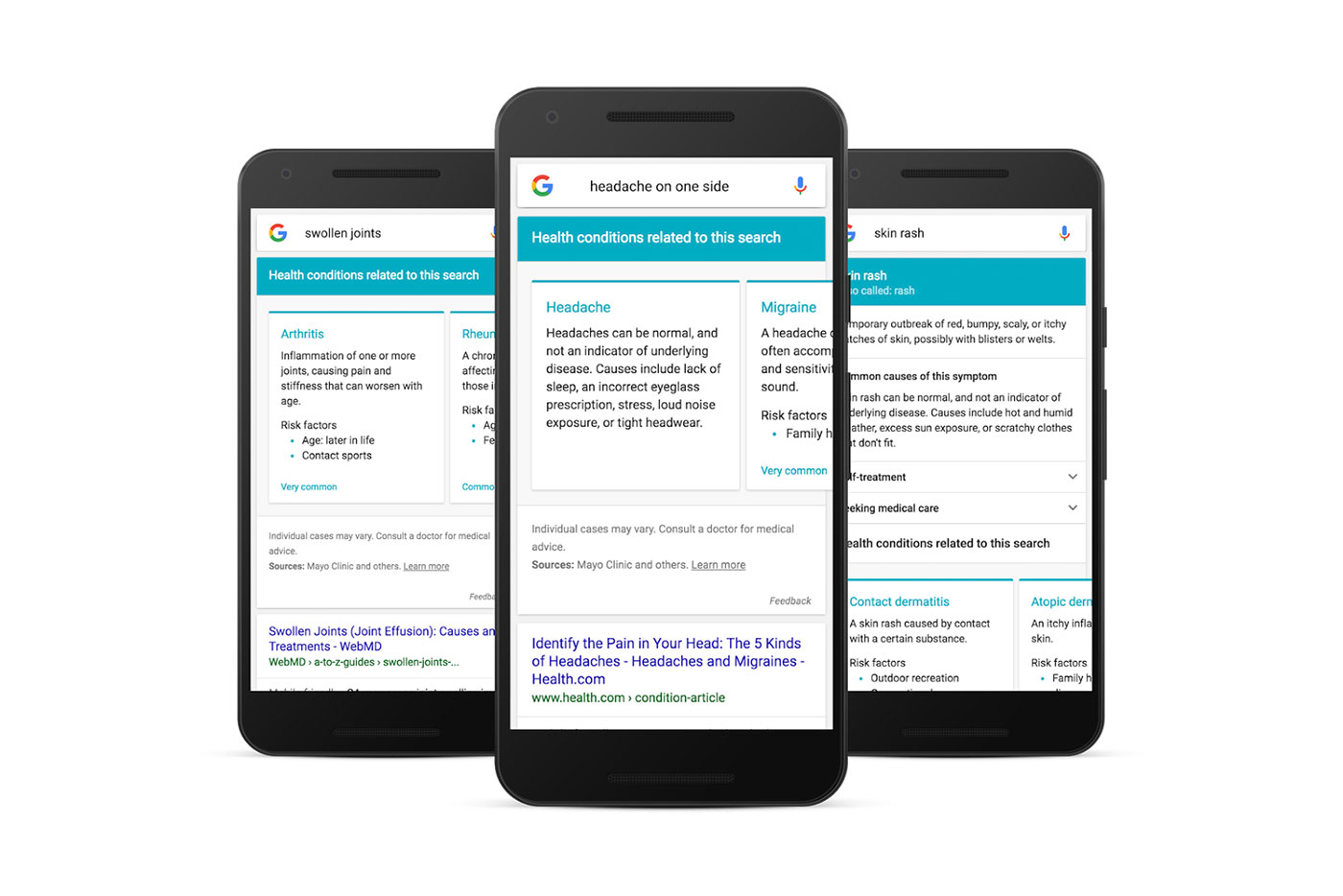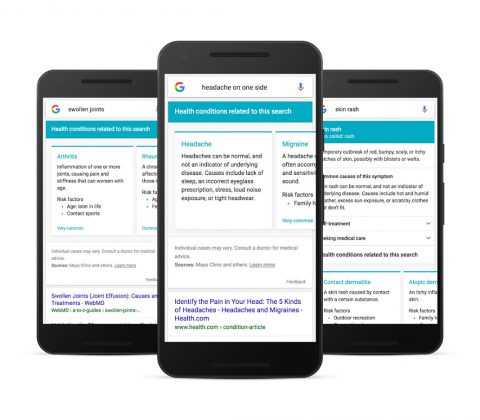Posts Tagged: tells
Apple tells developers not to call their AR and VR apps AR or VR apps
With Apple’s Vision Pro VR/AR headset set to go on sale on February 2, we’re starting to see more details about the app requirements. For example, the company has released guidelines for visionOS developers planning to release apps and there’s one strange caveat. It would rather developers don’t use the terms AR and VR when referring to Vision Pro apps, but rather call them “spatial computing apps,” according to the developer page spotted by 9to5Mac.
“Spatial computing: Refer to your app as a spatial computing app. Don’t describe your app experience as augmented reality (AR), virtual reality (VR), extended reality (XR), or mixed reality (MR),” the company states. The headset itself should be called “Apple Vision Pro” with three uppercase words, while “visionOS begins with a lowercase v, even when it’s the first word in a sentence.” The terms should never be translated or transliterated, Apple added.
Given that they’re definitely going to be AR and VR apps built for an AR/VR headset, Apple may want to differentiate its own offerings so that consumers don’t confound apps for other VR/AR headsets, particularly Meta’s Quest 3, with its own. At the same time, Apple has used those terms extensively to describe the headset, with CEO Tim Cook calling Vision Pro an “entirely new AR platform” when it launched at WWDC 2023.
In the same document, Apple asked developers to indicate if their AR/VR, er, spatial computing apps contain movements like quick turns or sudden changes in camera perspective. That way, the product page will show a badge to warn users. It also described the use of privacy labels and game controllers. As mentioned, the Apple Vision Pro headset arrives on February 2 for $ 3,495 — a price likely to attract only highly motivated buyers.
This article originally appeared on Engadget at https://www.engadget.com/apple-tells-developers-not-to-call-their-ar-and-vr-apps-ar-or-vr-apps-085136127.html?src=rss
Engadget is a web magazine with obsessive daily coverage of everything new in gadgets and consumer electronics
Senator Ed Markey tells Elon Musk: ‘Fix your companies. Or Congress will’
Senator Ed Markey of Massachusetts chastised Elon Musk on Sunday after the billionaire had a snarky response to the lawmaker’s request for information about Twitter’s new verification policies. “Perhaps it is because your real account sounds like a parody?” Musk tweeted Sunday morning after Markey shared a recent letter he sent criticizing the company’s new $ 8 per month Twitter Blue subscription. “And why does your pp have a mask!?” Musk added a few hours later, referring to Markey’s profile picture, which shows the senator wearing a face covering.
One of your companies is under an FTC consent decree. Auto safety watchdog NHTSA is investigating another for killing people. And you’re spending your time picking fights online. Fix your companies. Or Congress will. https://t.co/lE178gPRoM
— Ed Markey (@SenMarkey) November 13, 2022
Markey wasn’t impressed by Musk’s response. “One of your companies is under an FTC consent decree. Auto safety watchdog NHTSA is investigating another for killing people. And you’re spending your time picking fights online,” he said. “Fix your companies. Or Congress will.”
Markey sent the letter that prompted the exchange on November 11th. In the letter, Markey asks Musk to explain how The Washington Post was able to create a verified account impersonating him and why an official pop-up told Twitter users the verification was due to a role in government. Musk has until November 25th to answer those questions and others in writing.
Twitter suspended paid account verification less than two days after launching its new Blue subscription. While the service was available, trolls used it to impersonate celebrities, politicians and brands, leading to chaos on the platform. One account pretending to be LeBron James claimed the NBA star had requested to be traded by the Los Angeles Lakers. Another one tanked the stock of the pharmaceutical company Eli Lilly.
While there’s no certainty Markey’s warning will translate to government action, the likelihood of a regulatory response became more solid on Sunday after Democrats secured a Senate majority. Markey is also a member of the Subcommittee on Communication, Media, and Broadband, the Senate panel most likely to recommend action against Twitter.
This browser extension tells you who paid for Twitter verification
Twitter verification is now just $ 8 away, but that doesn’t mean the social network has democratized its long-standing status symbol entirely. The Twitter verification badge is now split between two different groups: accounts that were officially verified for being “notable in government, news, entertainment, or another designated category,” and accounts that paid for the checkmark by being subscribed to Twitter Blue. But it can be difficult to tell the difference between the two types of verified accounts without clicking into their individual profiles, which is why one Twitter user created a tool to make it a lot easier.
Introducing Eight Dollars, a simple browser extension that swaps out Twitter’s standard verification badge for two different labels that spell out if an account is “actually verified” or if it “paid for verification.” Without the extension, you’d need to click on a user’s profile, and then tap on the verification checkmark to determine if the user’s check was approved by Twitter staff or purchased through Twitter Blue, but Eight Dollars makes that information available directly in your timeline.
If you’re confused by the new Twitter Verification feature, I’ve been working with some friends on a Chrome Extension that helps you tell the differencehttps://t.co/zXkwzhXIc1pic.twitter.com/pHTBswBnnE
— Walter Lim (@iWaltzAround) November 10, 2022
The extension was originally only available for Chrome, but New Zealand designer Walter Lim says it should work with Microsoft Edge as well as Firefox, and he’s also added Safari to his to-do list. Installing any of them will take a little extra work: the add-on is currently only available on GitHub, and needs to be installed manually using the browser’s developer mode. Even so, it could be worth the effort — unless you like being fooled by hackneyed scam accounts and impersonators.
Elon Musk tells SpaceX and Tesla workers they must return to the office full-time
Elon Musk delivered an ultimatum to Tesla and Space X’s corporate workforces: Spend a minimum of 40 hours a week in the office, or leave the company. Musk today confirmed in a tweet that screenshots of an email sent to workers was real. According to The New York Times, workers at both companies received similar memos from Musk that made clear that all workers must report to a main office for 40 hours a week. Musk also wrote that employees would no longer be allowed to work from “remote branch” offices not related to their job duties, giving the example of an HR worker for the Fremont factory who works out-of-state.
Elon to Tesla team: no more remote work pic.twitter.com/aSmZAAOm7G
— Whole Mars Catalog (@WholeMarsBlog) June 1, 2022
“The more senior you are, the more visible must be your presence,” Musk said in a memo to SpaceX employees obtained by NYT. “That is why I spent so much time in the factory — so that those on the line could see me working alongside them. If I had not done that, SpaceX would long ago have gone bankrupt.”
Musk taking a hardline stance on remote work is in stark contrast to a number of other major tech companies that have allowed all or most workers to request to work-from-home permanently, including Facebook, Twitter, Salesforce and Slack. Apple recently suspended a requirement that workers return to the office at least three days a week.
As Bloombergreported today, Twitter employees — who are likely to be reporting to Musk once his acquisition of the company is complete — have internally expressed some concern the SpaceX and Tesla remote work policies (or lack thereof) herald unwelcome changes for their own workplace.
Tesla’s career website still lists a number of salaried and hourly remote positions. It’s unclear whether the new policy will apply to those positions. Engadget has reached out to Tesla for comment, though we are unlikely to hear back: the company dissolved its corporate communications department in 2020.
Apple reportedly tells workers they’re allowed to discuss conditions and pay
Apple might be eager to minimize future complaints about working conditions. NBC News said it obtained a newly released internal memo telling employees they're allowed to discuss conditions and pay outside the company. Staffers should be free to talk about issues in the way they "feel most comfortable," including with managers and the People (human resources) team.
We've asked Apple if it can confirm the memo and comment on the release. The statement would reinforce the rights private workers already have under the National Labor Relations Act, which lets workers both organize and discuss conditions, as well Apple's own conduct policy.
Provided the news is accurate, it could represent a bittersweet moment for critics of Apple's working culture. The memo supports their beliefs the company unfairly limited talk about labor issues by shutting down surveys and Slack channels. Employees like Ashley Gjøvik also accused Apple of punishing workers for speaking out for by putting them on leave or even firing them.
However, the statement is also coming too late to prevent significant damage. Apple now faces eight labor charges alleging issues like harassment and wrongful dismissal. Outspoken #AppleToo advocate Cher Scarlett (who settled with Apple) just left the company, too. While a memo like this might allow more discussion going forward, it can't change the past.
KidKraft’s Alexa-powered toy kitchen sizzles and tells dad jokes

Engadget RSS Feed
China tells online stores to stop selling e-cigarettes

Engadget RSS Feed
Roomba update tells your robovacs to steer clear of trouble spots

Engadget RSS Feed
India tells scooter makers to prepare for a switch to EVs

Engadget RSS Feed
The new Fi Fit Quiz tells you if Project Fi is, well, a fit
You’re not going to choose a wireless plan in the blink of an eye, but you can easily educate yourself on whether or not a particular carrier offers what you want. It’s possible one of the carriers you consider will be Project Fi. To help you know about its sole wireless plan, Google has created […]
Come comment on this article: The new Fi Fit Quiz tells you if Project Fi is, well, a fit
Loki Wi-Fi meat thermometer monitors your meal, tells you when it’s done
This “Smart Meat Thermometer” gives chefs a temperature probe for their cooking, and then relays the data via a mobile app to say how the food is cooking and when it’s likely to be ready.
The post Loki Wi-Fi meat thermometer monitors your meal, tells you when it’s done appeared first on Digital Trends.


Google now tells you why you’re feeling sick
 Google made improvements to how you search for symptoms and illnesses in the past, and now it's looking to be even more helpful. The company will now show you a list of medical conditions when you search for symptoms. In the above example, entering "…
Google made improvements to how you search for symptoms and illnesses in the past, and now it's looking to be even more helpful. The company will now show you a list of medical conditions when you search for symptoms. In the above example, entering "…
Engadget RSS Feed
Sharp tells its workers to buy its products to help dig it out of financial hole
Struggling Sharp has told its workers to buy a load of Sharp stuff this holiday season to help dig it out of its financial mess. The Japanese electronics maker has even offered guidelines suggesting how much money different types of workers should spend.
The post Sharp tells its workers to buy its products to help dig it out of financial hole appeared first on Digital Trends.
